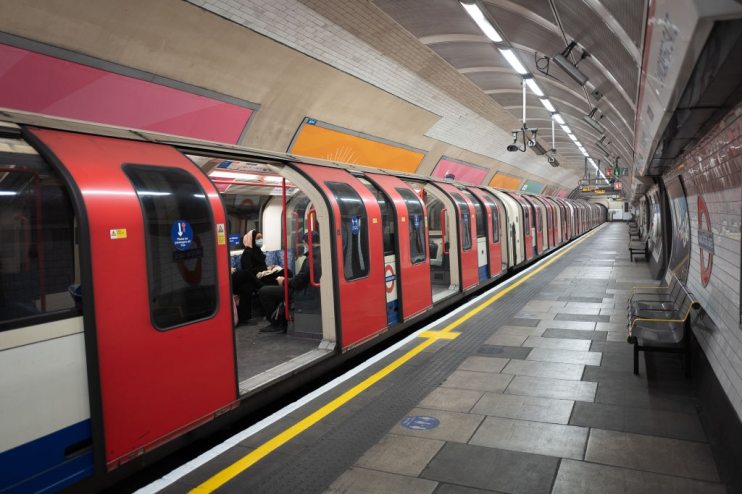Last-minute funding deal for TfL but still no sign of long-term agreement

Transport for London (TfL) has received yet another short-term extension to its funding deal from central government just hours before an existing bailout was set to expire.
“We have today agreed with the government that our existing funding agreement will be extended until 28 July 2022 so these discussions can be continued,” the public body said today.
It marks the second consecutive ‘sticking plaster’ deal, extending emergency funding by a fortnight.
TfL bosses and the Mayor of London have been pushing for a long-term funding settlement with the Department for Transport, but an agreement has proved elusive amid finger-pointing from both sides.
“There is no UK recovery from the pandemic without a London recovery and there is no London recovery without a properly funded transport network in the capital,” TfL added.
According to transport secretary Grant Shapps, this latest extension was brought by TfL and the mayor failing to provide “vital information we have repeatedly asked for.”
The extension means TfL will avoid the need to trigger a “managed decline” scenario which would include a host of bus route cuts and underground service reductions.
The network, which is unusually reliant on fare revenues rather than central government compared to international operators, saw its finances battered during the pandemic.
London Mayor Sadiq Khan, responded to the announcement, saying the short-term funding “is only necessary because the Government has still not put forward any proposals for discussion on the long-term funding London needs.
” I am growing increasingly concerned that we can’t wait any longer without serious consequences.”
He said without more long-term funding, TfL “will have to prepare to make further painful cuts to London’s transport network – its ‘managed decline’ scenario.
“The devastating impact of the pandemic is the only reason TfL needs financial support. It is now imperative that the Government urgently works with me to agree a fair, long-term funding deal that will protect London’s transport network – not just for the sake of the capital, but the whole country.”
TfL had been on course to become self-sustaining prior to the almost total collapse in passenger numbers at the height of lockdown.
Since then it has received four temporary bailouts, but London bosses have been pushing for a longer-term settlement which would allow it to plan desperately needed capital investment and maintenance projects.
Requirements to cut costs have been attached to the bailouts, adding to the network’s financial woes.
“These kind of sticking- plaster extensions for TfL are not in the interests of Londoners as it makes it impossible for TfL to plan ahead to do essential maintenance and upgrades”, said Emma Gibson, CEO of London TravelWatch.
“If this situation continues then people travelling around London will start to see the transport network that they rely on becoming less reliable”.“
Meanwhile, Nick Bowes, the head of the Centre for London, said Government cash “isn’t to be sniffed at, but to keep kicking the can down the line with just a few weeks funding at a time is no way to run a global city’s public transport authority.”
“On the one hand, given the upheaval in Westminster, it’s understandable that there isn’t the bandwidth to focus on this now, but it does raise the question why a long-term sustainable deal couldn’t be agreed in calmer days.”